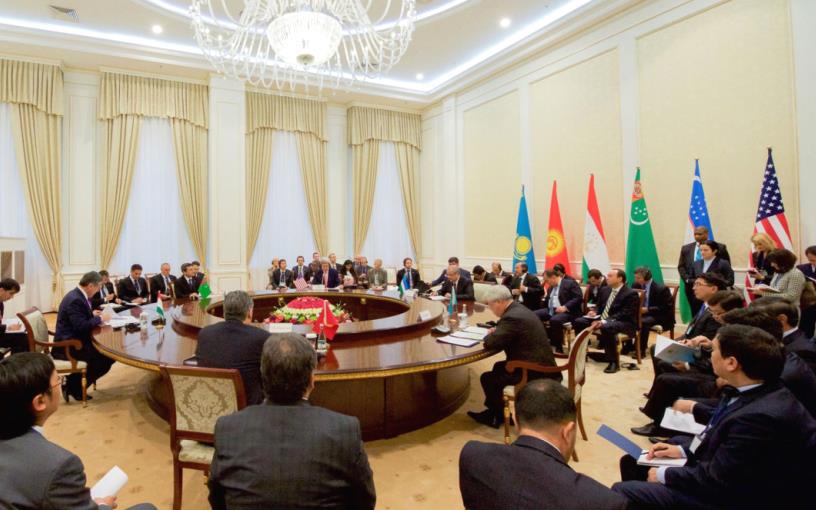(Davis Center) The United States made an important contribution to the independence of Central Asian states—perhaps the largest of all the powers seriously involved in the affairs of the region. Thirty years later, both the United States and the region face new challenges. President Joseph Biden’s emerging foreign policy team has begun to shape its agenda.
Nargis Kassenova (Senior Fellow, Program on Central Asia) spoke with Ambassador George Krol, a veteran of U.S. foreign policy in the post-Soviet space, about what the Biden administration’s foreign policy agenda will mean for the countries of Central Asia.
The Biden administration has been shaping its foreign policy team and formulating priorities. What do we know, or can we infer, with regard to U.S. policy toward Central Asia? Let’s start with the big picture: U.S. foreign policy priorities, as outlined by Secretary of State Antony Blinken.
Firstly, as in past U.S. administrations, I do not think the Biden administration will make Central Asia a major foreign policy priority, nor do I foresee dramatic changes from current U.S. policy in the region. Secretary Blinken indicated the Biden administration’s major foreign policy efforts will be to restore America’s partnership with allies, deal with China as America’s major competitor, and address global climate change. The latter two efforts may have some relevance for Central Asia. The Biden administration may be less welcoming of China’s activities, like the Belt and Road Initiative, than the Obama administration had been, and perhaps less supportive of developing hydrocarbon resources in Central Asia. Secretary Blinken also stressed that the Biden administration would place human rights and values at the center of its foreign policies, as well as seek to make those policies more relevant to and supportive of the American middle class and the U.S. economy. But I do not think this will portend major changes in American relations with Central Asia, other than to continue, rather than expand, efforts to encourage Central Asian countries to develop rule of law and democracy, and respect the human rights of their citizens. […]
Read More © Davis Center, Harvard University











